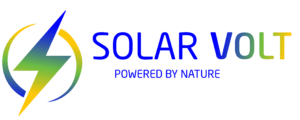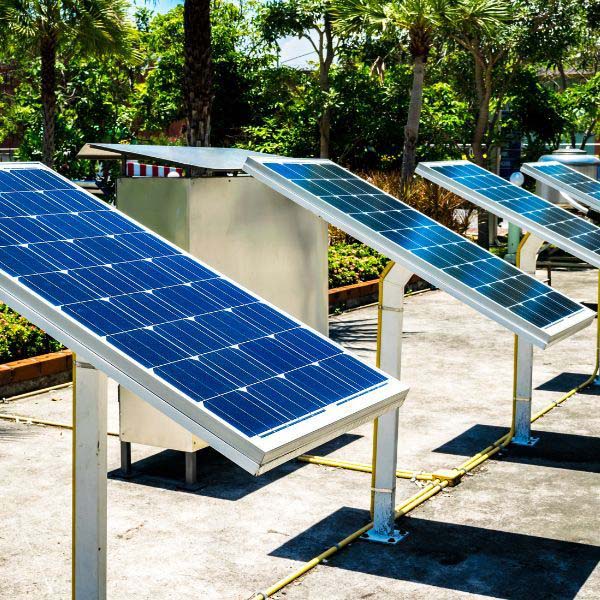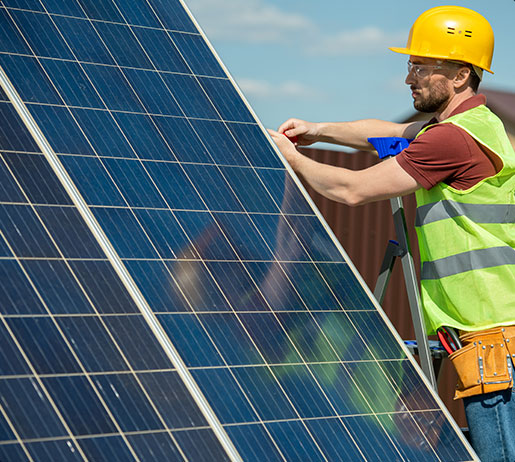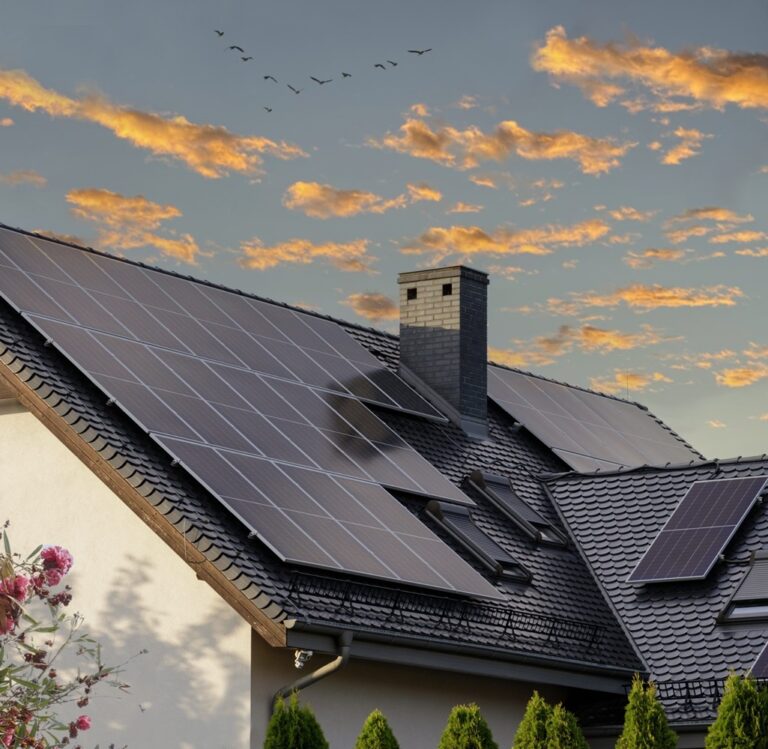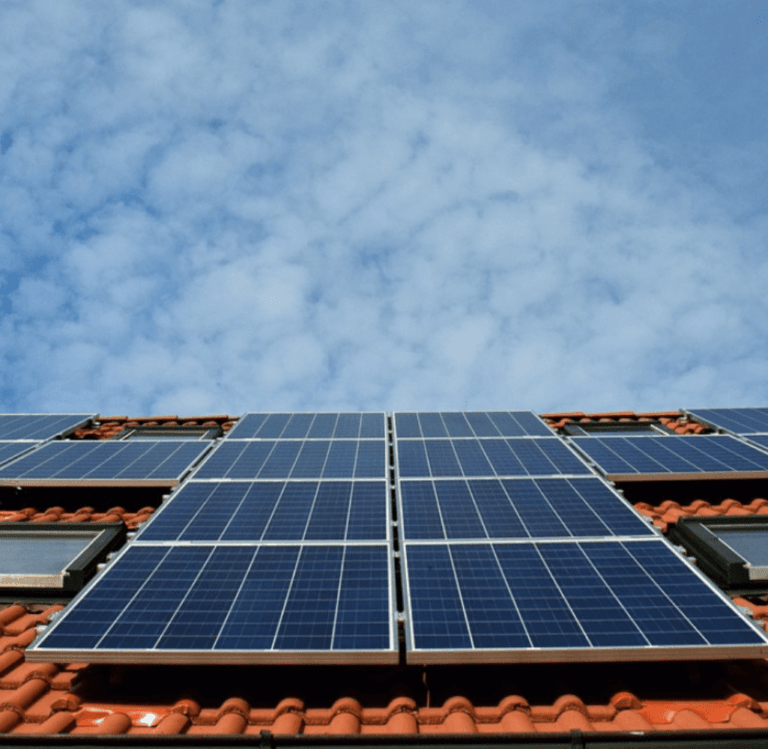Solar Energy – What you need to know to get started
Continuous rising energy costs and environmental concerns have us all considering our options these days to see if there are more effective ways of sourcing our heating and electricity supplies. With this in mind, many of us are looking at the move to a greener more sustainable energy source ie. solar energy. This blog answers the initial answers you might have about what solar energy and how it works.
1. What is Solar Energy?
Solar power is the energy converted from sunlight into usable electricity.
Sunlight is harnessed directly through the use of solar panels. Solar panels are made up of transparent photovoltaic (PV) glass as well as PV cells which are responsible for converting sunlight into electricity.
The sun’s power can also be harnessed as thermal energy via the use of concentrators and reflectors. Energy harnessed through solar panels can then be used to provide electricity for residential homes as well as powering businesses of all sizes nationwide.
Thermal energy has various everyday uses such as heating homes during cold weather or the solar heating of water in place of traditional gas boilers and immersion systems. Other popular applications of solar energy among Irish solar consumers include powering security and lighting systems, electrifying fences, and aerating garden ponds, among others.
2. How Does Solar Power Generate Electricity?
Once fitted, solar panels on the roof of your home are connected to other devices for complete energy generation throughout your home.
When sunlight hits the solar panels, electronic flow is activated in the individual solar panels, the resulting electrical current is referred to as direct current (DC). The electricity used to power our essential electronic properties such as the charging of electric vehicles, lighting of houses, and powering our computing and entertainment systems, is usually in alternating current form (AC)
The DC electricity generated by the solar panels needs to be converted into alternating current to make it applicable. The conversion of DC to AC power is carried out by a device known as an inverter. This device can be configured into three distinct forms; as a string inverter, power optimiser, or as a micro-inverter.
The two main types of inverter are string inverter or hybrid inverter. There are also micro inverters that fit on each individual solar panel, but they are less popular in Ireland.
Single string inverters convert DC to AC and feed the housing requirement including an immersion diverter if fitted. Any surplus energy is fed back to the grid and you can get paid for this.
3. How Does a Solar Water Heating System Work?
Thermal Solar utilises evacuated tube technology to exclusively heat water and can generate up to 70% of your hot water needs from free solar energy. It works as follows:
Solar energy is absorbed by the dark colored absorber and transferred to copper pipes that contain fluid.
The pump station circulates the solar-heated fluid back to the hot water tank.
Throughout the day the solar system gradually raises the temperature in the hot water tank.
A backup energy source, electricity, gas, etc ensures hot water supply when solar output is not able to fully meet demand.
4. Are There Different Types of Solar Panel Technologies?
There are two main groups of energy technologies that are used to generate electricity from sunlight globally.
Concentrated Solar Power (CSP)
CSP technologies produce electricity by focusing sunlight to produce heat and drive an engine connected to a generator. They are more commonly found in countries with year-round sunshine, which removes them from today’s agenda in the Irish context.
Solar Photovoltaics (Solar PV)
Given the constraints of CSP, Solar PV panels are more popular in terms of demand, affordability, and reliability for Irish homeowners and businesses and as such, solar PV is best suited for use here in Ireland.
There are three main types of solar PV panels most commonly found on the Irish market; thin-film PV panels, mono-crystalline, and polycrystalline PV panels.
5. How Long Do Solar Panels Last?
The lifespan of a solar panel usually lasts somewhere between 20-30 years. This does not mean that solar panels stop generating electricity after this timeframe, but rather it means that their efficiency will reduce substantially. Each manufacturer sets the optimal average energy production time with their equipment.
6. How Much Will a Solar Energy System Cost For My Home?
The cost of solar panels and the respective Solar Energy system you opt for is dependent on the amount of power you need for your home or business. The amount of power is determined by the size of the load that has to be powered by the solar energy generated. To encourage people to make the move to solar, there is currently an SEAI grant available to help with the installation costs and this can be up to €2400 for homeowners.
Our team of solar experts are on hand to answer any questions you may have and are happy to chat with you about your energy needs to help you identify what is the best system or option for your home or business. Call us today for a free no obligation quotation or just to get some more information…..we’re here to help you – info@solarvolt.ie
